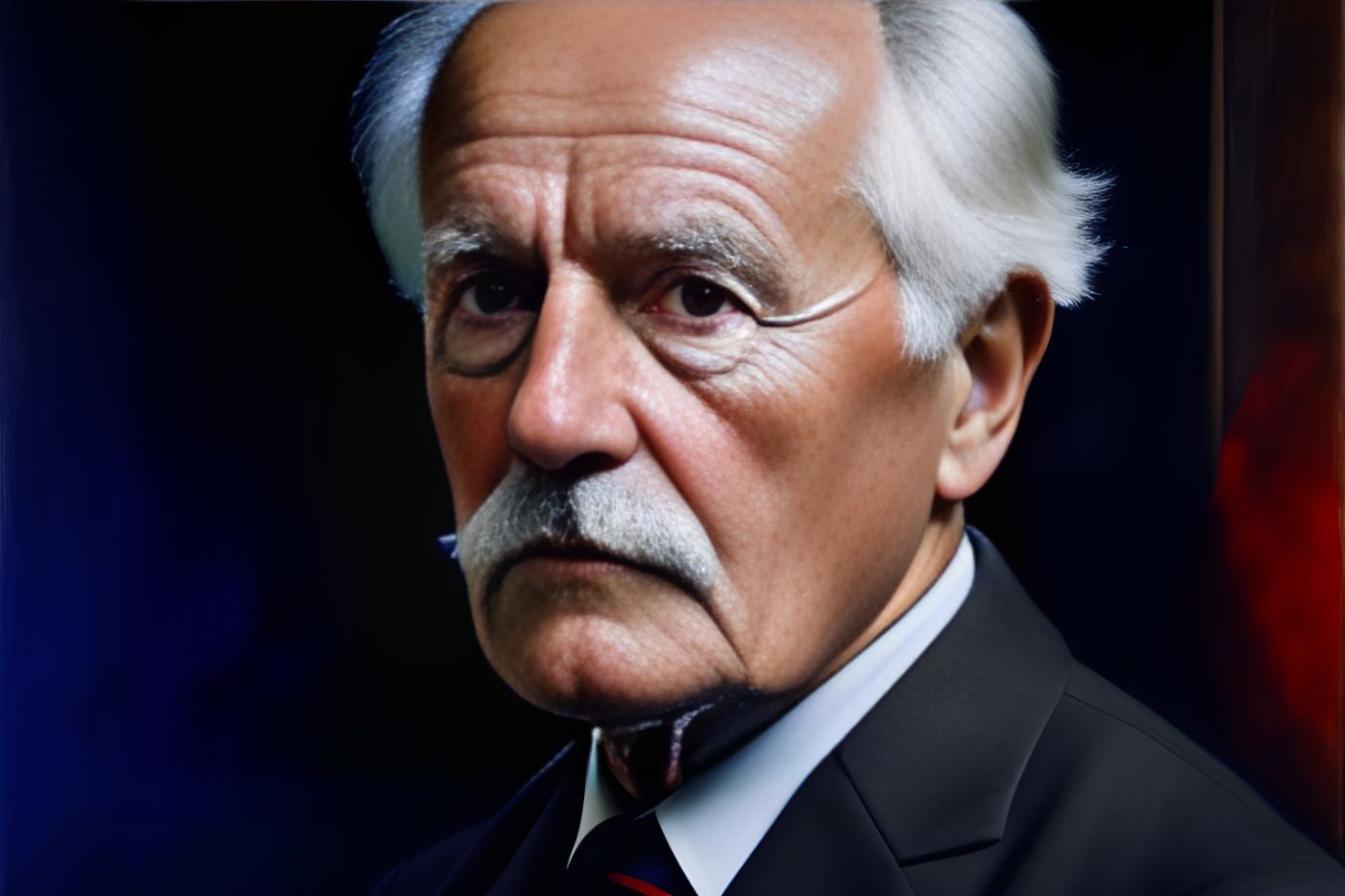A Contribution to the Psychology of Rumour
Oct 06, 2023

Carl Gustav Jung, Swiss psychiatrist and psychoanalyst. Founder of analytical psychology.
Carl Gustav Jung, Swiss psychiatrist and psychoanalyst. Founder of analytical psychology.
Oct 02, 2023
Sep 30, 2023
Oct 02, 2023
Sep 30, 2023